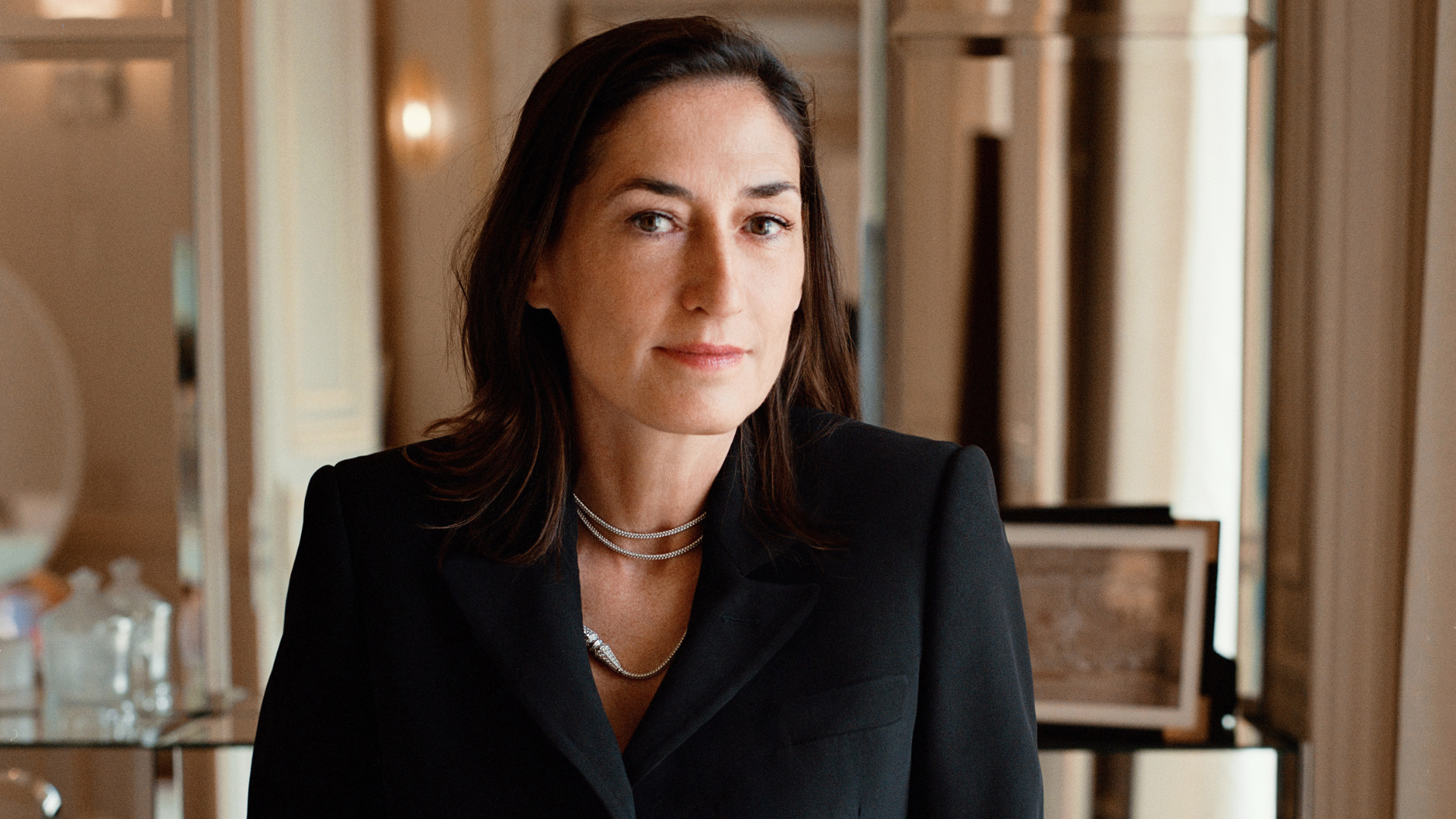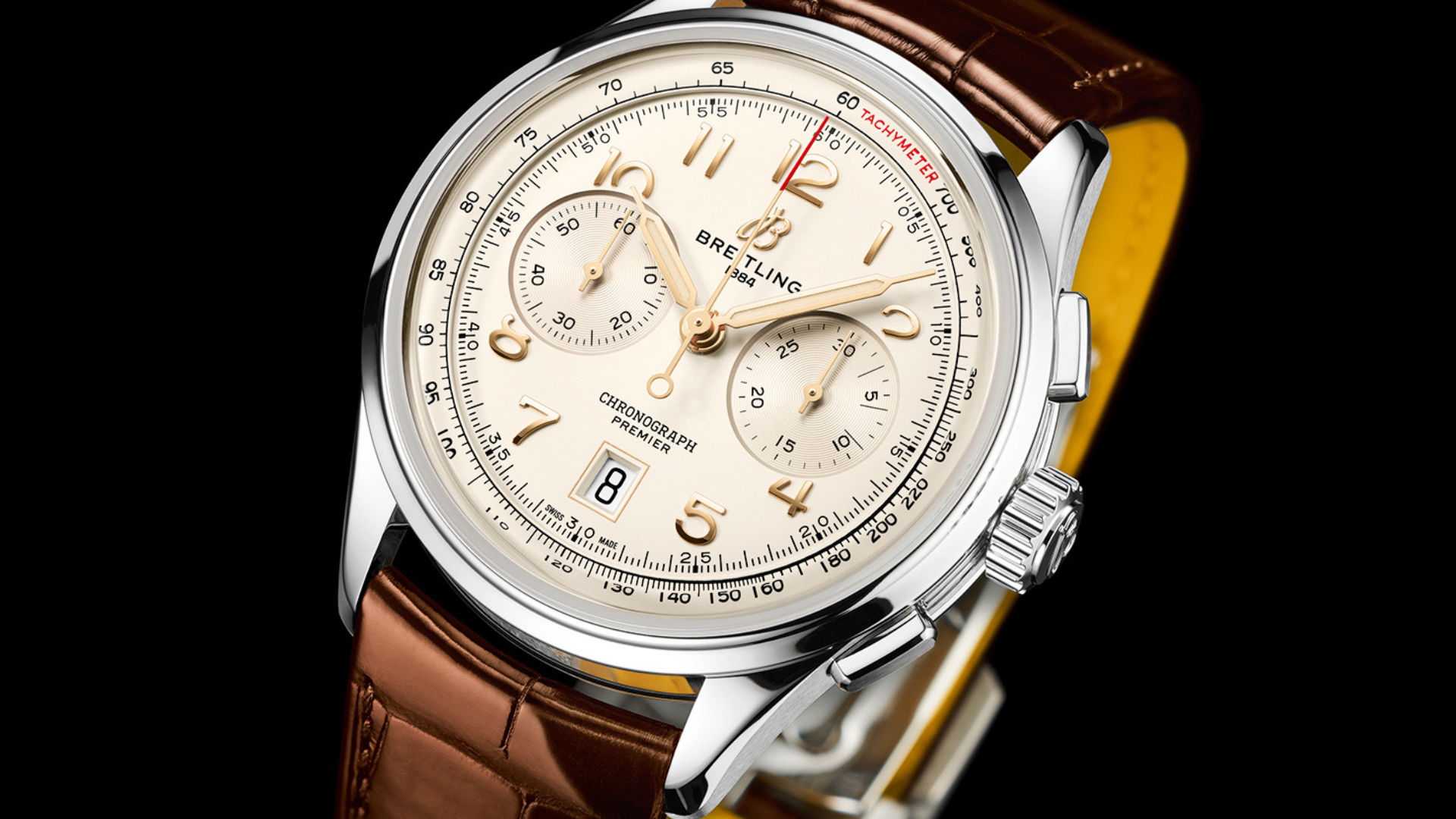‘There Is a Trap I Do Not Want Us to Fall Into.' Acqua di Parma's Giulio Bergamaschi Wisdom
Giulio Bergamaschi, the Chief Executive of Acqua di Parma, talks to THE RAKE about his heroes, the outlook for the global luxury market, and chasing trends.

The setting for my interview with Giulio Bergamaschi was palatable, to say the least. The terrace of Harry’s Bar is a haven of Mayfair peacefulness after a bright, convivial luncheon with a host of curious journalists and design leaders, who, on this day, had wanted to learn about the new Chapeau! candle by Acqua di Parma, LVMH’s flagship fragrance house. (The Chapeau! is a rather smart, witty and irreverent take on Acqua di Parma’s candles, with its two-in-one/little ’n’ large design.)
Bergamaschi is still relatively new to the brand, having come from Loro Piana and, before that, 18 years at L'Oréal — it has been quite the apprenticeship. Articulate and unedited, Giulio was quick to apologise (unnecessarily) for his Italian nature, which means he talks a lot. But how refreshing! The uninhibited C.E.O., who hasn’t a stack of notes to stick to but a passion that he allows to set sail — much more interesting and invigorating.
Harry’s Bar was the perfect place for this kind of gathering. Effervescent, elegant, colourful, striking — all are words you could use to describe the venue as well as the brand. After our Sicilian lemon cheesecake was eaten, Giulio and I took our leave to chat about his values, his aims and his understanding of the luxury market, as well as its challenges and how he wants to overcome them.
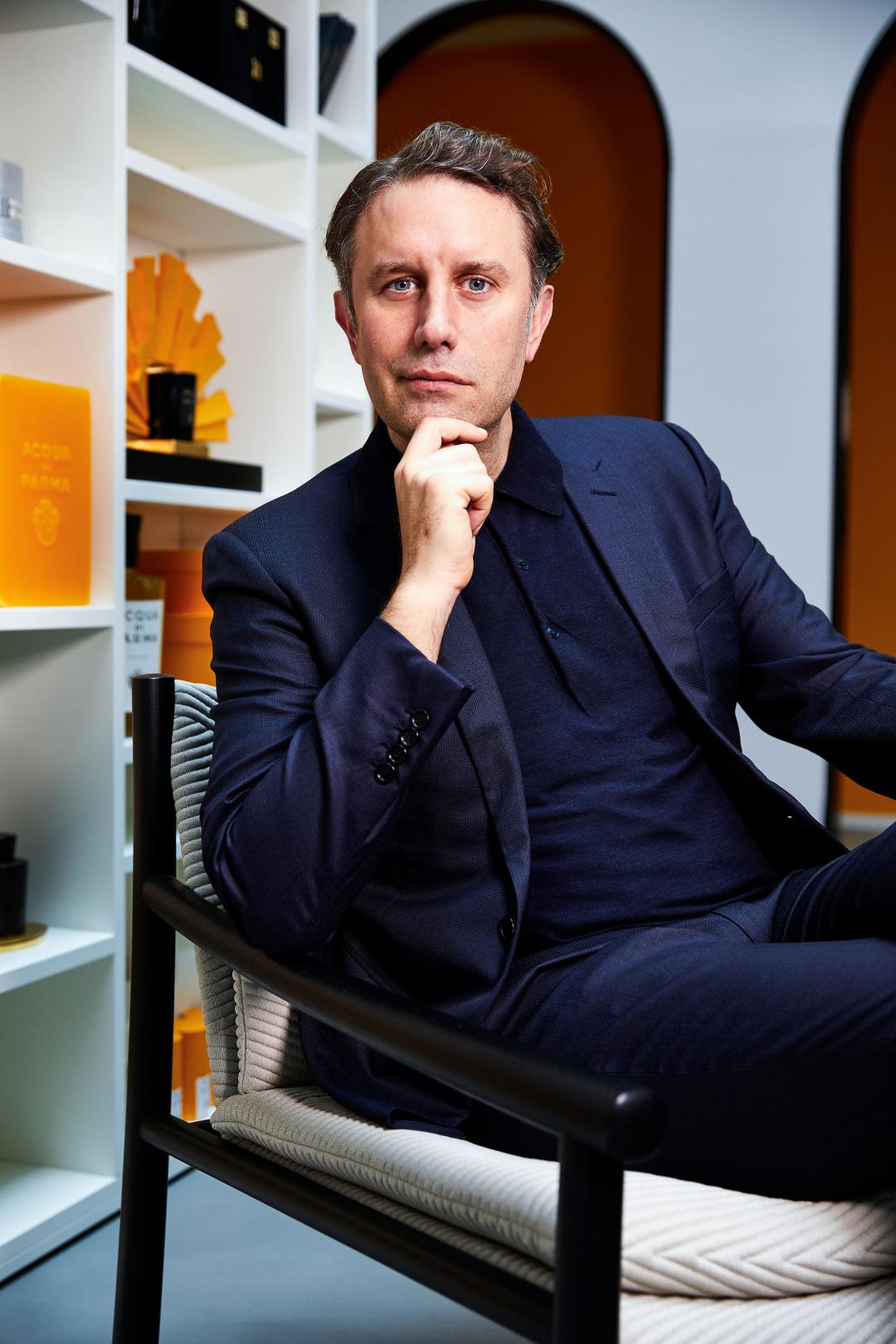

My golden rule is to surround yourself with people who know more than you about a great many things and to make sure you learn from them, and that their diversity can enrich you in an eclectic way. Unity through diversity is what I want to achieve. Whether in a job or my private life, I want to surround myself with people I admire very much and try to learn and elevate myself.
My heroes are great designers and architects of 20th-century Italy, like Ettore Sottsass, Gio Ponti and Piero Portaluppi — those are people who inspire my work every day. In general, what I find among these people, they are passionate about what they do, and that is what keeps me in check. I can speak with anyone with the same interest so long as what they do they do with passion.
What I would like to do more and more is move from product to object, done in small scale, small realities, masterful hands with freedom of experimentation. It is very important in my opinion to have proprietary fragrances that people know and experiment [with] a bit — but not too much, otherwise you dilute yourself and become too commercial.
My aim is to reduce distribution in the years to come and, at the same time, inject quality, craftsmanship and creativity into everything we do.
I don’t want everyone to think the same way, but at the same time I’d like to engage people who think alike. I believe there is a certain way to live life that appreciates the cultural value of things, making simple things exceptional.
To me, the definition of luxury is culture and time. These are the two things you cannot buy, and so I wish to engage people who value culture and time.
As a manager, I don’t really like the old-school style, where people who work for you know their job less than you do. I believe that what we have to do today to be an inspiring leader is to share values, set a framework, and then have people teach us to do better.
Clockwise from top left: From the lush Sicilian fields of mandarins and citrus fruits, Acqua di Parma have produced two new Blu Mediterraneo fragrances: Mandarino di Sicilia and Mandarino Millesimato; a leather travel case; each stitch on the leather travel case is carefully finished by hand, adding texture and depth to the design.
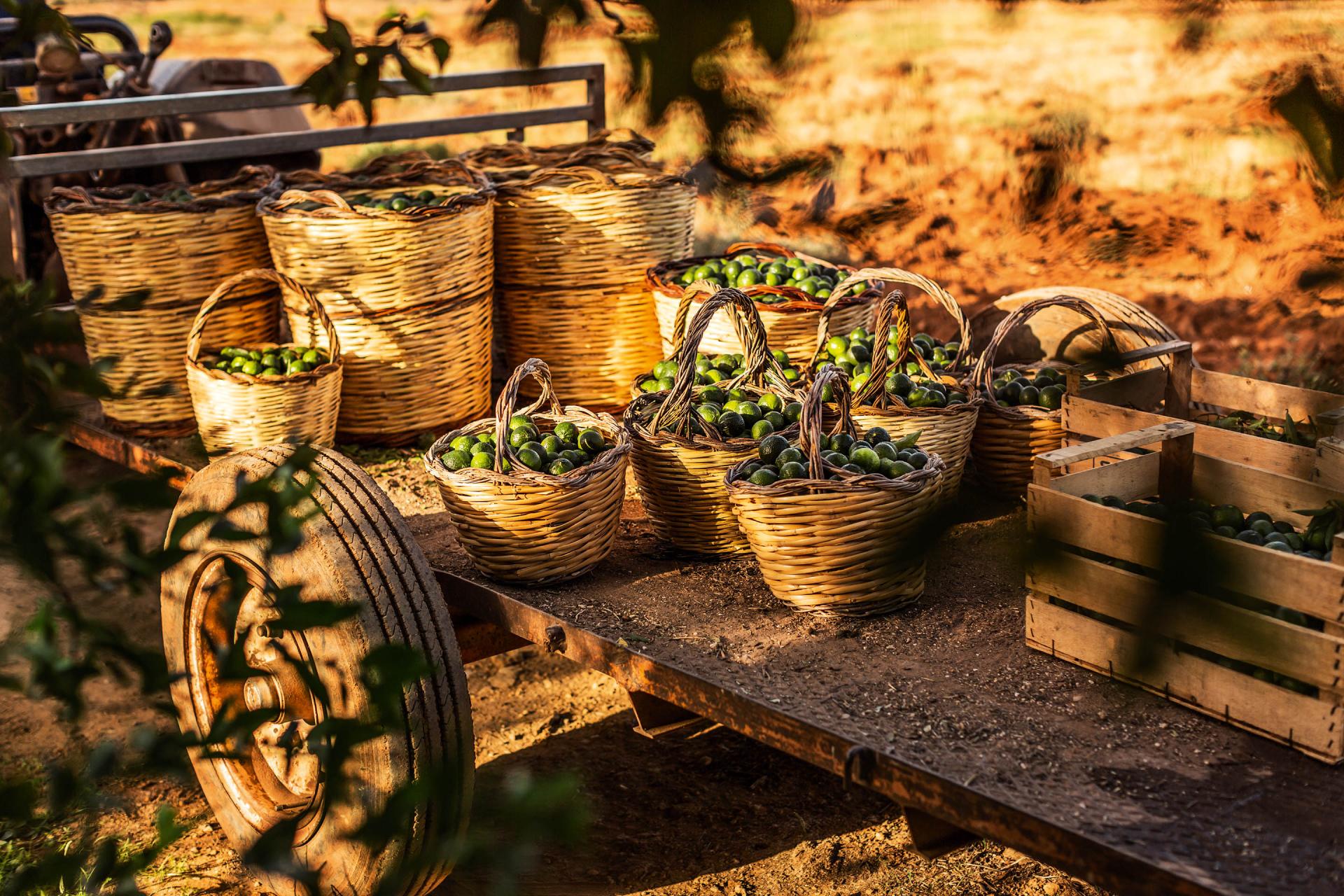

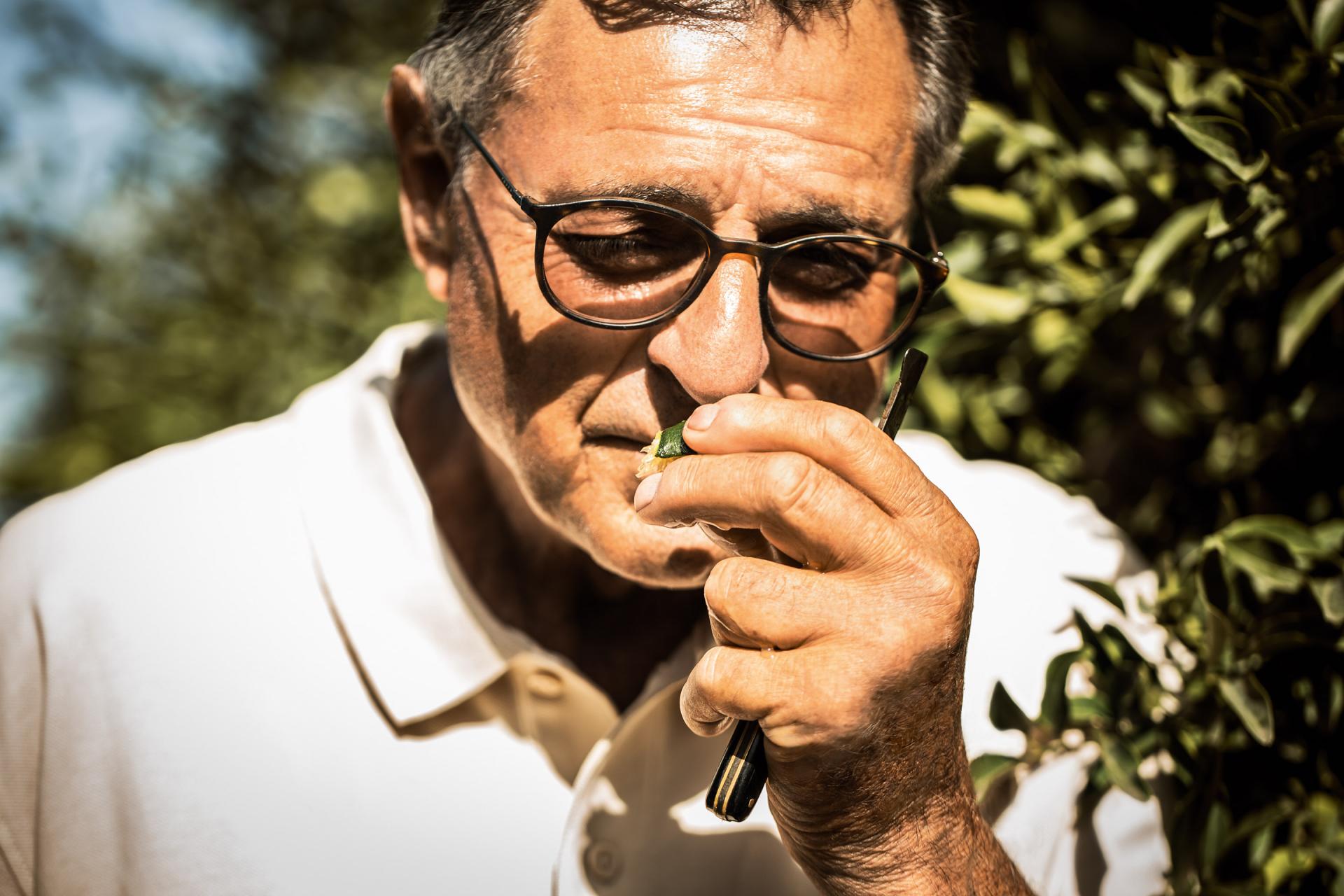

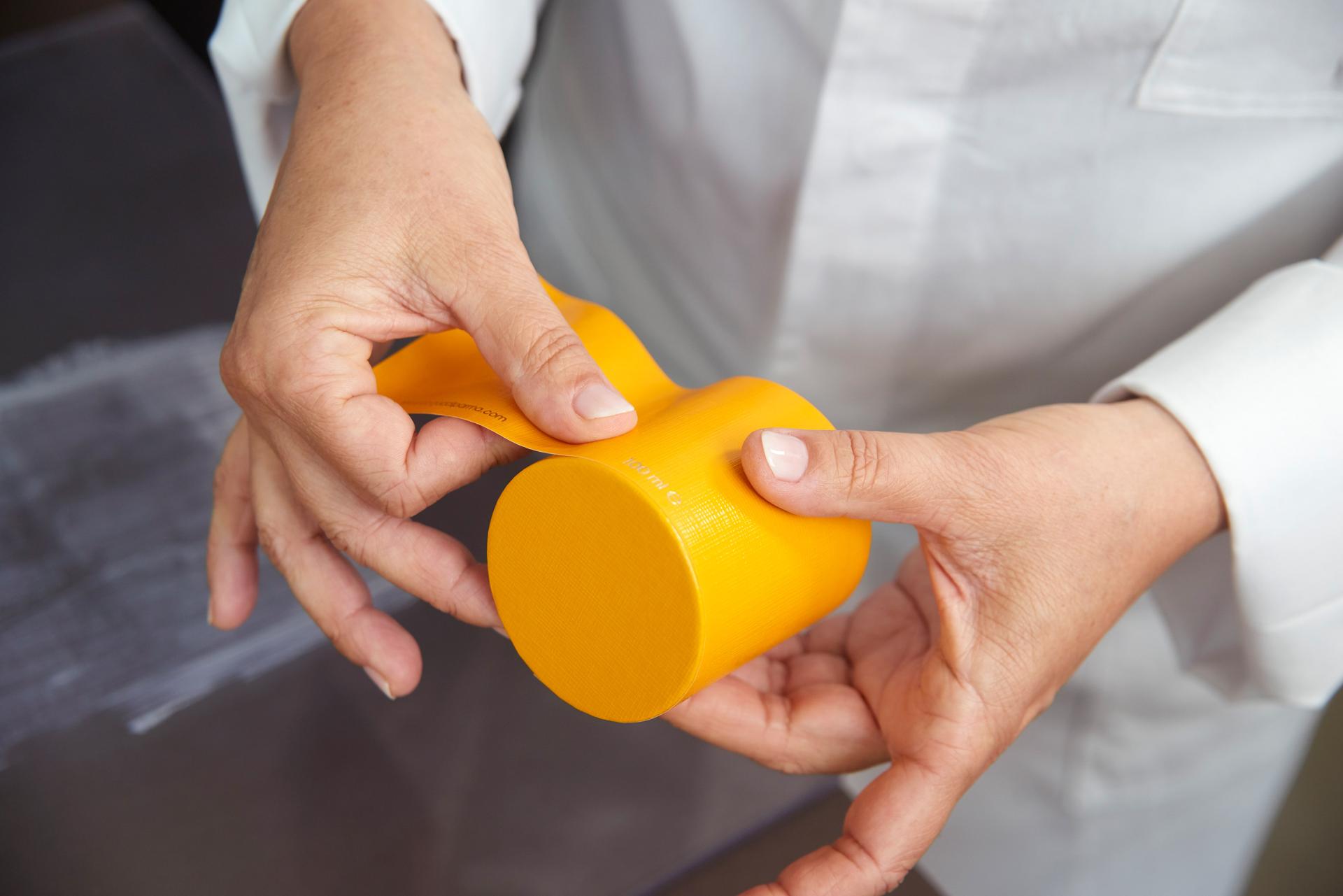

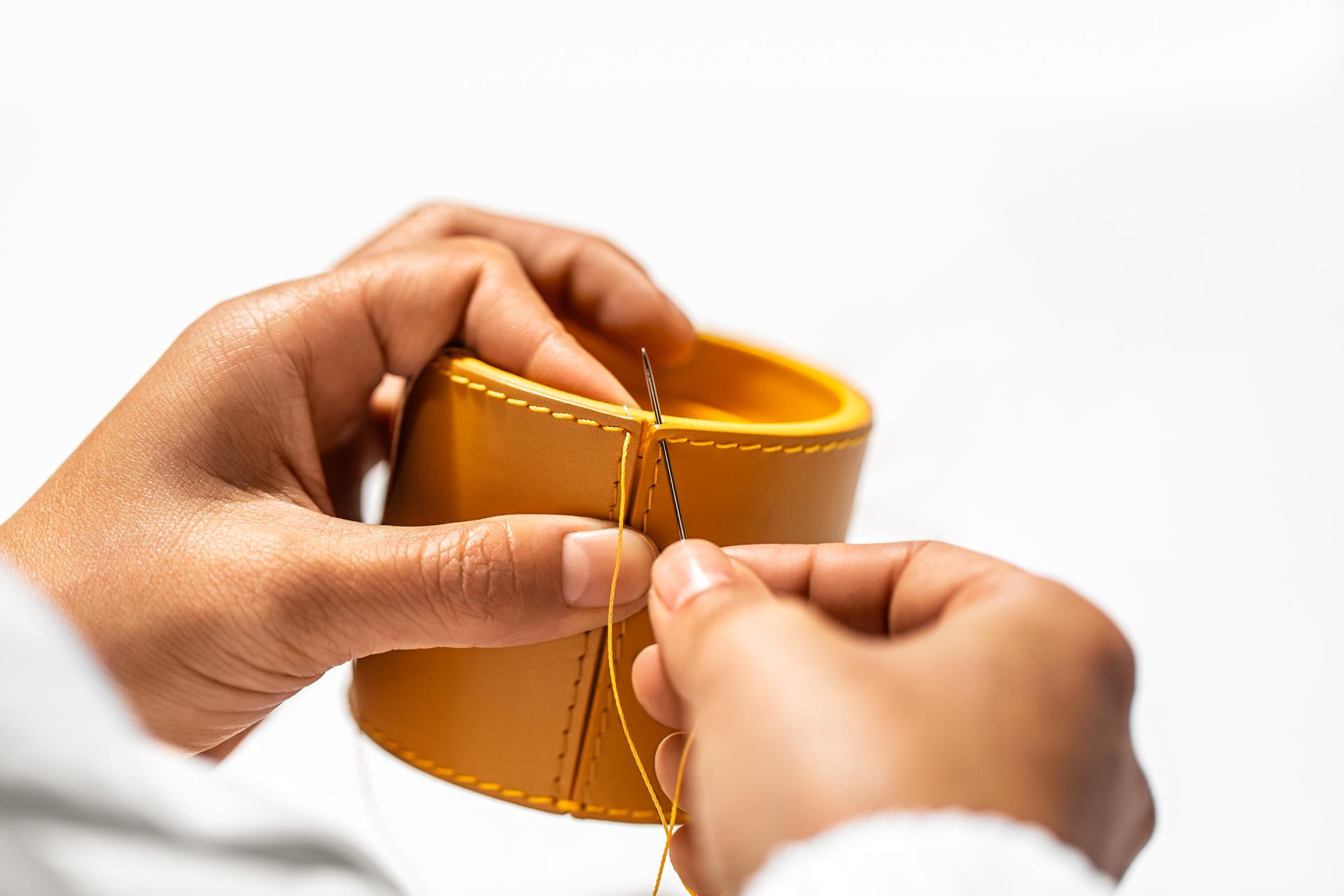

Global luxury is slowing down in 2024, so we have to be much more cautious and much more agile in the way we invest and plan. That is the first challenge in comparison to the post-Covid era, when everyone was euphoric. The second challenge is one that faces the whole industry, which is one of harmonisation. One of the risks in our job is that we start doing the same things. I think you need to build on your point of difference.
What I am trying to do in Acqua di Parma is to build a brand that looks different but is coherent to itself, which is about ‘perpetuating’ and ‘experimenting’. We need to perpetuate what we have always been but we need to keep experimenting the brand: being different from others but true to ourselves. There is a trap of running after trends that I do not want us to fall into.
Environmental friendliness and sustainability is mandatory. There are two responsibilities we have. Long term, social responsibility — like how to reduce our carbon footprint. How to use recycled materials, how to use refuelable products, etc. There is another part, which is that we have a role to play to preserve know- how and work on the unemployment of young people, to pass on the know-how. This is something we are actively doing in a unique way. One product we launched last year, Bergamotto di Calabria: we use a very old technique of extracting essential oils from citrus fruits. We employed the older generation from Calabria with the know-how in order to extract the oil and then pass it on to new people.
What inspires brand loyalty is the capability of being true to yourself even when trying something new. You have clients that like what you’re doing, they are satisfied, [but] you cannot take for granted that they will stay with you for ever, so it is important to innovate. However, what you do not want to do is confuse them, and you have to innovate in a surprising way that is true to the DNA of the brand. Recruiting new customers to your brand is different to maintaining loyalty. When you want to recruit you need to take more risks and invest more.
The Chapeau! candle, an ingenious take on the maison’s collection of polysensorial design objects that fill the everyday with vibrancy.









